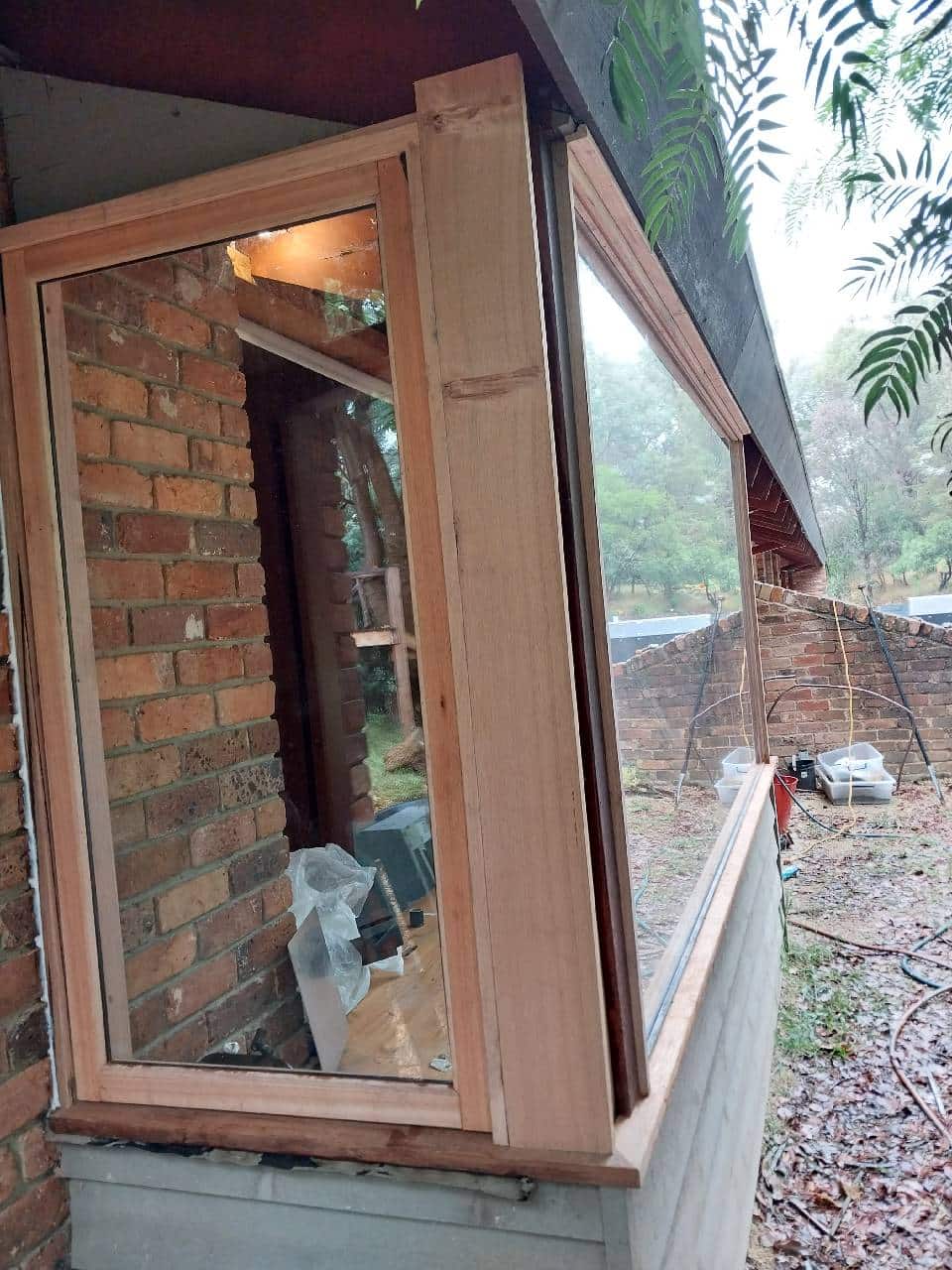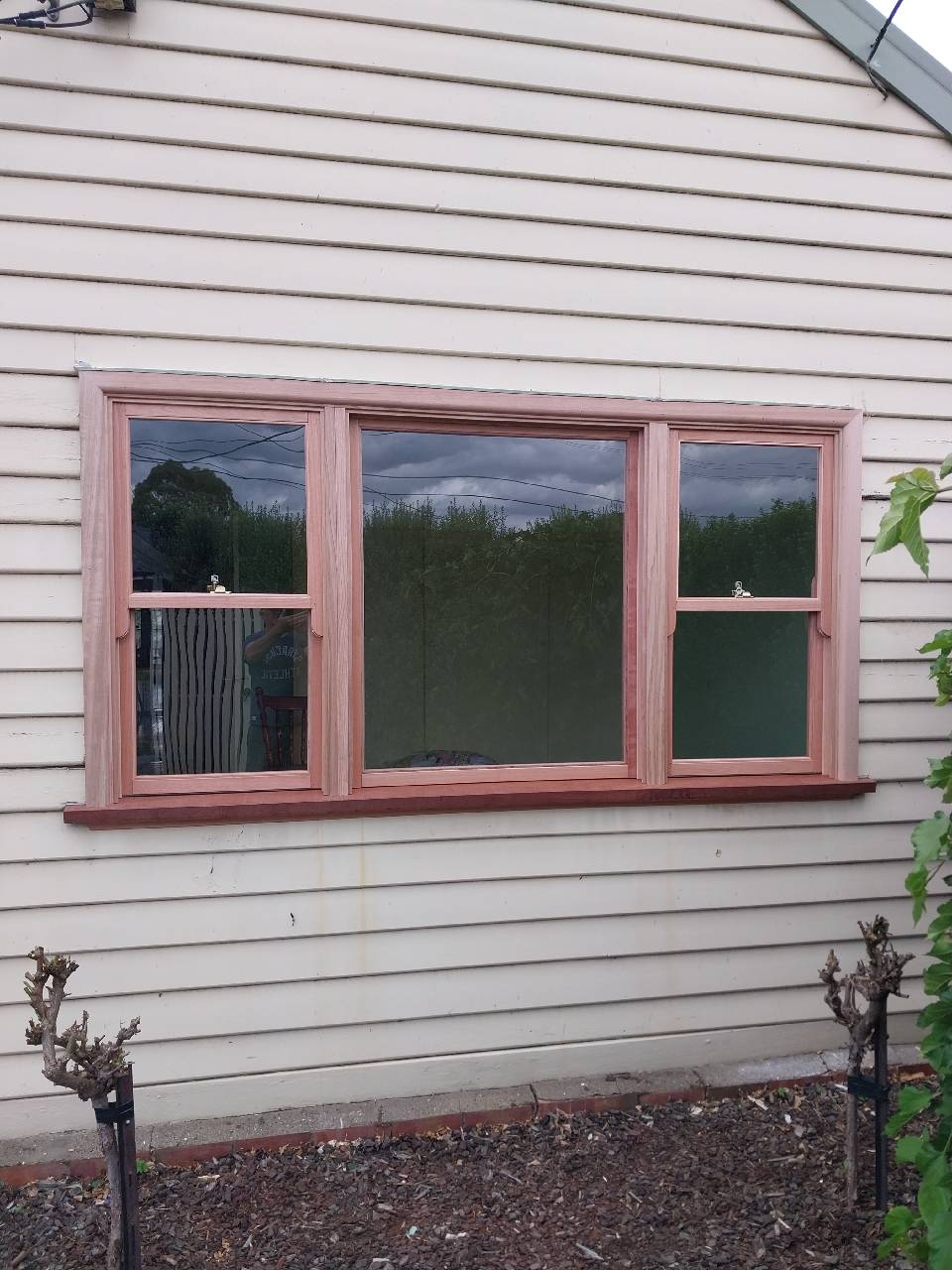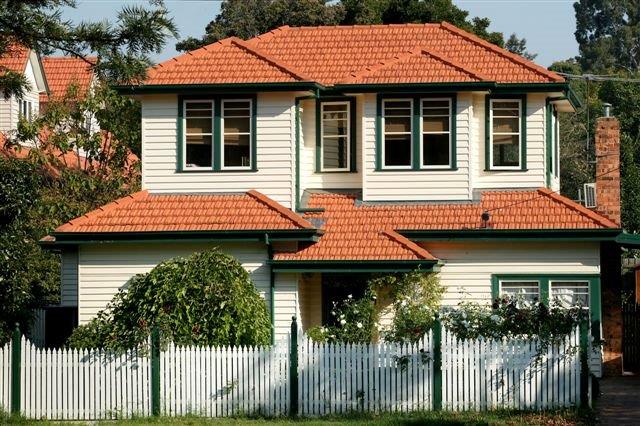Post: Tips for Choosing Efficient Windows
One of the main reasons why people replace old windows with new ones is so that they can upgrade to more energy efficient models to cut down on their energy bills.
The market presents a wide selection of windows crafted from different materials. As such, it is easy for an ordinary person to feel overwhelmed trying to establish which option will help them save on electric bills while still look perfect on their properties. In this article, we highlight the top tips for choosing efficient windows.
The kind of materials
As stated above, windows are designed from a variety of materials, including wood, vinyl, fiberglass, aluminium, and composite.
Wood
New timbre frame windows are a popular option for individuals who are keen on saving on electric bills. They are poor conductors of heat and provide a perfect seal that ensures no heat or cool air is lost from the room. Timbre frames are easy to maintain and repair and can be painted to the liking of the property owner. And although they might be prone to insect damage and rot, top window makers provide them clad in aluminium or vinyl. They even treat them with preservatives so they can last longer.
Vinyl
Vinyl has low heat transfer properties, so they are great for anyone who is keen on minimising their electricity bills. They are just as good as timbre frame windows when insulated and do not require frequent maintenance. However, they are susceptible to fading and can become brittle with time. A great option would be to go for neutral colours, since the darker ones tend to fade more. Homeowners may also use a scrub cleanser to restore the finish if the frames become dull.
Composite
This type of windows look like timbre and most manufacturers pre-finish them in a wide range of colours. Composite windows perform well; however, they may not be as appealing from the inside of the house. Those who prefer using composite can talk to the makers, so that their windows use the material on the outside, and timbre on the inside. Integrating composite windows is also a great way to save up on energy bills.
Aluminium
Aluminium windows are sturdy and long lasting but are not energy efficient as they are good conductors of heat.
Fiberglass
They are often used as alternatives to vinyl and timbre. Fiberglass are high maintenance, require painting, and it’s hard to come by the energy efficient insulated models.
Picking energy efficient windows
- Awning and casement windows are the most energy efficient because they seal tightly against weather stripping on the frame
- Go for Low-E coatings on the glass as they help reflect UV-rays outside your house and also reflect heat inside your home (they allow heat and light in, and minimises heat loss, by reflecting most of it back into the house).
- Choose a window with multiple layers of glass with low-conductive krypton or argon gas filling and warm edge spacers featuring frames that are tightly constructed.
- Go for windows with low U-factors or U-values as they have top insulating properties. The lower the U-value, the more energy-efficient the window is.



